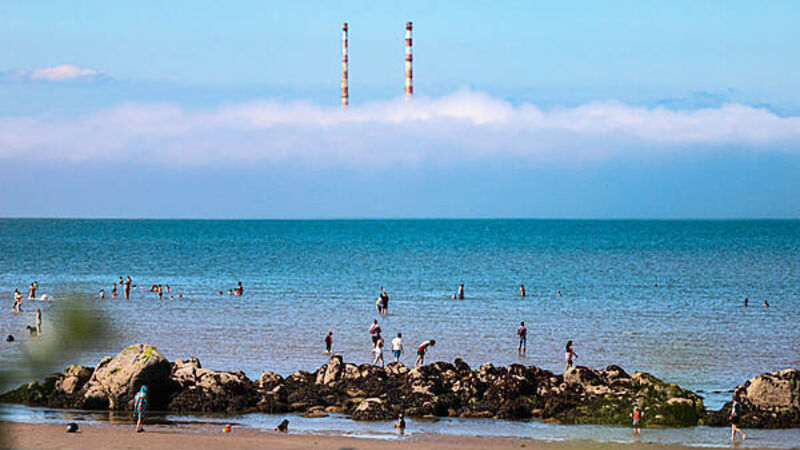Ireland has fourth hottest year on record

By Cillian Sherlock, PA
Ireland had its fourth warmest year on record in 2024, new data shows.
The average annual air temperature for Ireland in 2024 was 10.72C, according to Met Éireann’s annual climate statement.
This is 1.17C above the 1961-1990 long-term average (LTA) or 0.55C above the most recent LTA between 1991 and 2020.
It makes 2024 the fourth warmest year on record, but just under half a degree cooler than 2023 – which was the warmest year on record.
The five warmest years on record are 2023, 2022, 2007, 2024 and 1945.
Seven of the top 10 warmest years have occurred since 2005.
The coldest year on record was in 1919 with 8.73C, while of the top 10 coldest years, none have occurred since 2000.
Ireland’s overall warming trend continues in line with the global warming trend, Met Éireann said.
The forecasting agency said the latest Irish climate change projections indicate further warming in the future.
This temperature change means the likelihood of extreme weather events occurring has increased.
Elsewhere, provisional data puts 2024 as the 41st driest or 44th wettest year for rainfall since 1941.
The report also shows that 2024 contained the warmest May on record.
Seven named storms directly affected Ireland during the year, with violent storm force winds reported during storms Isha and Darragh.
Although 2024 was overall drier than average, there were many instances of heavy or intense rainfall which led to flooding.
Met Éireann said compound events, which involve “multiple climate impact drivers occurring at the same time”, are on the rise.
Irish rainfall patterns are also expected to change, with an increase in both dry periods and heavy rainfall events.
Global sea levels also continue to rise.
Met Éireann said: “As a result, storm surge and coastal flooding risk around Irish coasts is expected to increase along with ‘compound events’ involving a combination of heavy rainfall and high tides.
“It is currently unclear how the frequency and intensity of storms impacting Ireland will change with climate change.
“There is high confidence, however, that maximum rainfall rates associated with these storms will increase with warming.”









